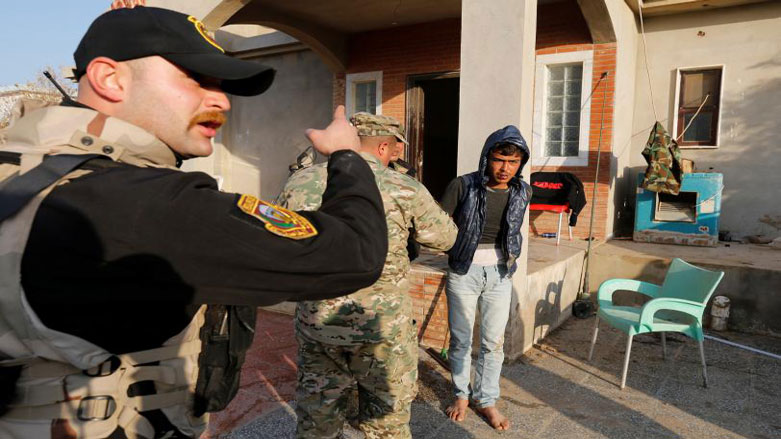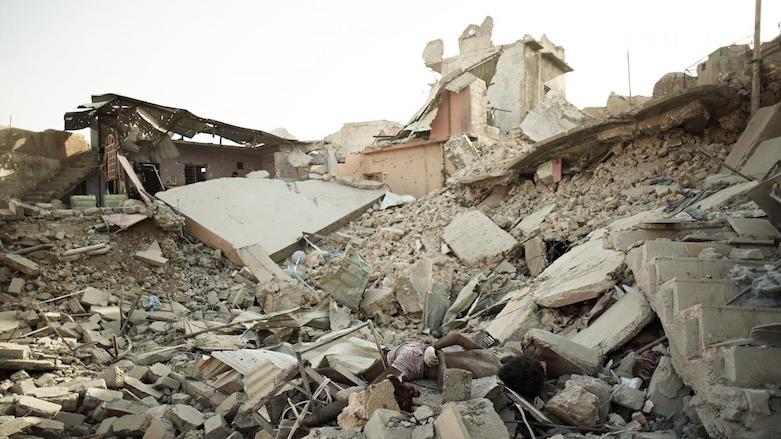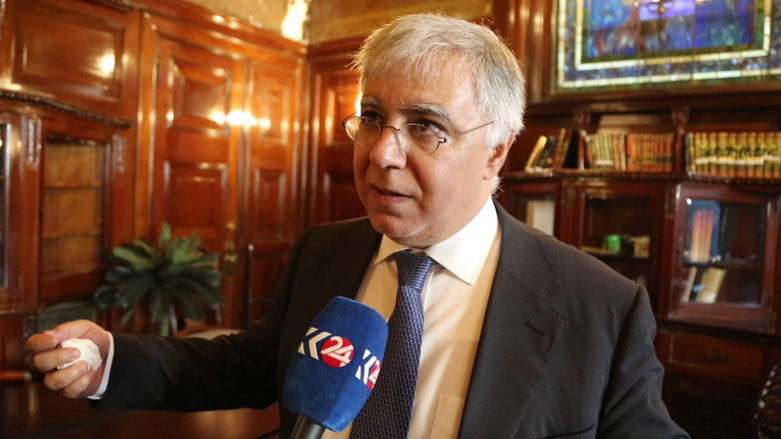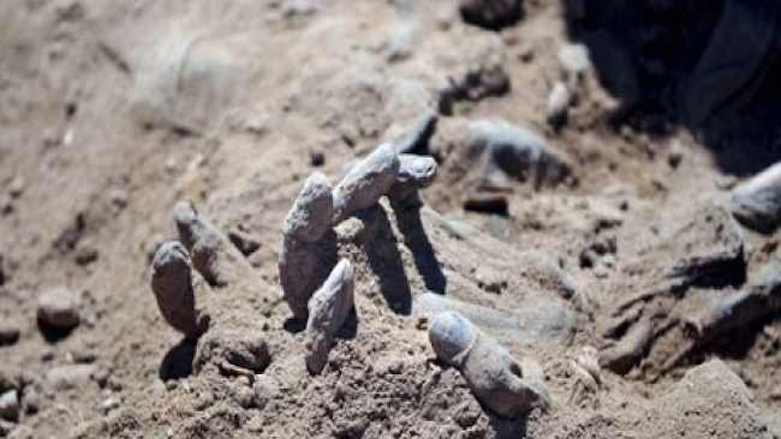Iraqi forces hunt for sleeper cells, rely on ex-IS community

MOSUL, Iraq (Kurdistan 24) – Iraqi counter-terrorism forces have been sweeping neighborhoods in West Mosul in search of Islamic State (IS) sleeper cells, relying on local witnesses to gather suspects.
Iraqi special forces on the lookout for potential IS fighters attempting to blend in with civilians in the al-Tanak neighborhood are leaning on relatives of militants that have fought and died for the extremist group.
“Families are nervous and reluctant to share information,” reported France24. The al-Tanak neighborhood is known for its widespread support for extremists.
The Iraqi troops rely on the counsel of local communities, going house to house looking for information.
Once enough evidence is collected, the alleged militants are arrested and handed over to Iraqi intelligence officers.
Informants as young as 14-years-old lead Lieutenant Colonel Salam Hussein to other suspected IS soldiers in exchange for freedom. While the help is welcomed, Hussein fears the risks of reprisals.
“They trust us right now, they feel good about us,” he said. “What I care about is how people will view them, how their neighbors will deal with them.”
Some families have pled for young IS suspects to be shown mercy.
The concern for remaining families is twofold. Survivors of IS atrocities have already expressed their unwillingness to live among those associated with the group.
In other cases, Iraqi authorities are forced to release suspected IS militants due to lack of evidence among those who reported them.
Special forces are treading carefully to avoid alienating the population and are wary of bringing stigma to families of IS group fighters.
Iraqi Prime Minister Haider al-Abadi announced the defeat of IS in Mosul earlier this month, ending the militant group’s reign in the country.
However, during the nine-month military operation, rights groups pressed Baghdad to investigate human rights abuses by Iraqi forces.
Editing by Karzan Sulaivany



